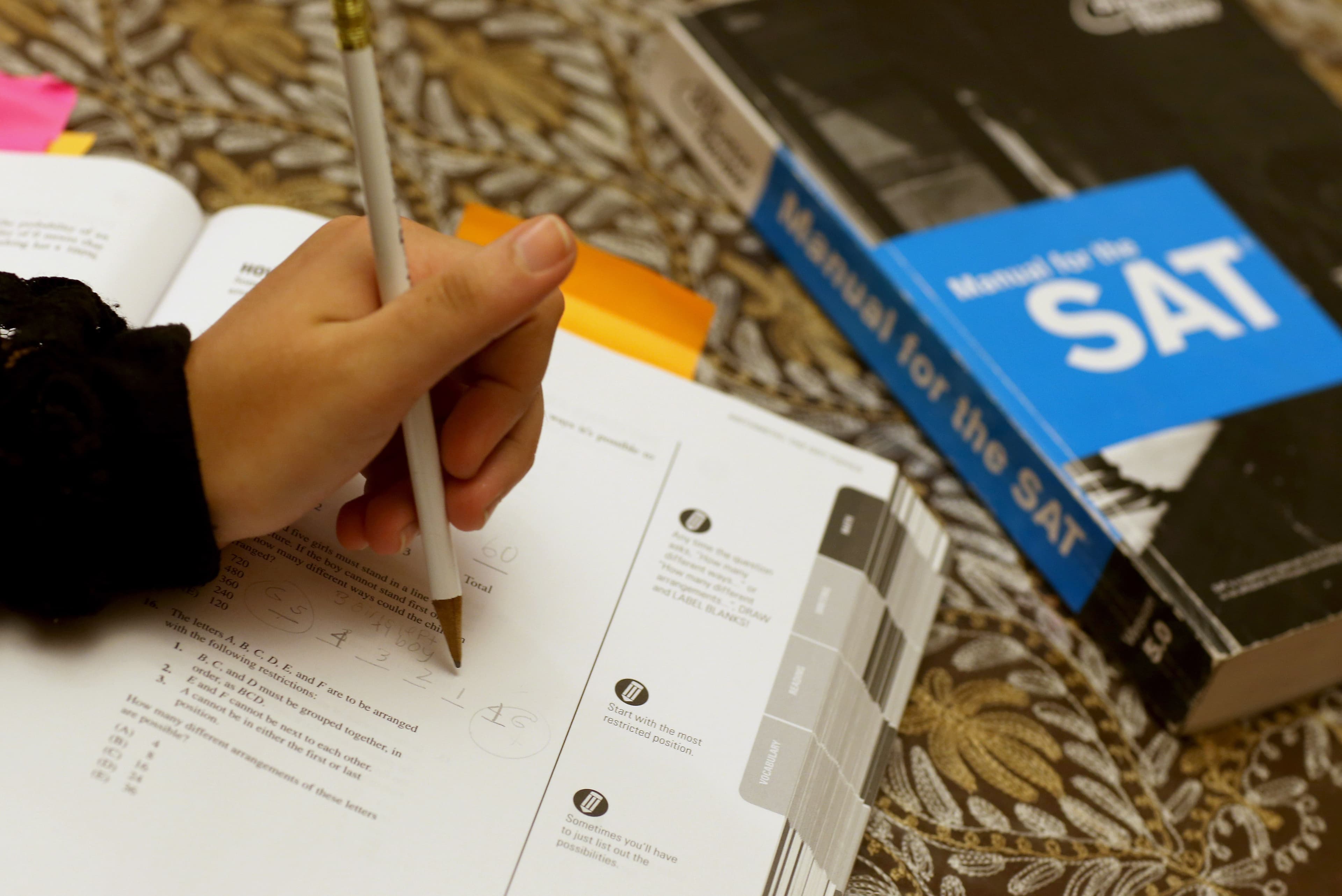Introduction
Standardized tests like the SAT and ACT remain significant factors in college admissions, despite ongoing debates about their role. While an increasing number of schools have adopted test-optional policies, strong scores still enhance applications and can qualify you for merit scholarships. The key to success isn't innate test-taking ability—it's strategic preparation, familiarity with test format, and confidence built through practice.
Understanding what these tests actually measure helps demystify them. They assess your readiness for college-level work through reading comprehension, mathematical reasoning, and analytical writing. They're not intelligence tests, and they're not perfect measures of academic potential. They're simply one data point that colleges use to evaluate applications. Approaching them strategically and preparing effectively can significantly improve your performance.
SAT vs ACT: Understanding the Differences
The SAT and ACT test similar skills but with different approaches. The SAT emphasizes reasoning and problem-solving with more time per question. The ACT moves faster and includes more straightforward questions plus a science section testing data interpretation rather than scientific knowledge. Neither is universally "easier"—they suit different test-taking styles.
Take full-length practice tests for both exams early in your prep. Your performance and comfort level will help determine which test suits you better. Some students find the SAT's question style more intuitive; others prefer the ACT's faster pace and direct questions. You can submit either test to any college, so choose the one that showcases your strengths.
Consider your academic strengths. If you excel at quick recall and enjoy science courses, the ACT might feel more natural. If you prefer taking your time to analyze complex problems and aren't comfortable with rapid-fire questions, the SAT might be better. Geography matters too—the ACT is more common in the Midwest and South, while the SAT dominates the coasts, though this matters less now than it once did.
"Success on standardized tests comes from preparation, strategy, and confidence—not from innate ability. Anyone can improve with focused effort."
— Dr. Ben Carson, Former Secretary of Housing and Urban Development
Creating Your Study Plan
Start preparing 3-6 months before your test date. Last-minute cramming works poorly for these tests because they assess cumulative skills rather than memorizable content. Consistent preparation over time yields better results than intensive short-term studying.
Begin with a diagnostic practice test under realistic conditions. This establishes your baseline score and identifies specific areas needing improvement. Don't try to study everything—focus on your weakest areas where improvement will have the greatest impact on your score.
Create a structured study schedule. Dedicate specific times for test prep just as you would for homework or extracurricular activities. Shorter, regular study sessions (45-60 minutes, 4-5 times weekly) work better than occasional marathon sessions. Consistency builds familiarity and confidence.
Use high-quality prep materials. Official practice tests from test makers are essential—they accurately reflect actual test content and difficulty. Consider whether you'll study independently, use prep books, take an online course, or work with a tutor. Different approaches work for different learners and budgets.
Test-Taking Strategies
Time management is crucial. Know how much time you have per section and per question. Don't get stuck on difficult questions—mark them and return later if time permits. On the ACT especially, pacing can make or break your score. Practice working at the appropriate pace so it feels natural on test day.
Process of elimination is your friend. Even if you don't know the correct answer, you can often eliminate one or two obviously wrong options, improving your odds. The SAT no longer penalizes guessing, and the ACT never did, so always answer every question.
Read questions carefully before looking at answers. Many mistakes come from misreading what's being asked rather than not knowing the content. On reading sections, skim passages first to understand main ideas before diving into questions. On math sections, check what units are requested and whether your answer makes logical sense.
Use the test booklet strategically. Circle key words in questions, cross out eliminated answers, and work through math problems in the margins. Active engagement with the material improves focus and reduces careless errors.
Test Day Success
The week before your test, focus on review rather than learning new content. Take one final practice test to build confidence and identify any last-minute areas to review. The day before, do light review only or take the day off. Cramming at this point increases anxiety without improving performance.
Get solid sleep the night before. Tired brains perform poorly on cognitive tasks. Eat a substantial breakfast with protein and complex carbohydrates to sustain energy through the multi-hour test. Bring approved snacks for breaks—a slight hunger can break concentration.
Arrive at the test center early with all required materials: admission ticket, acceptable photo ID, approved calculator, #2 pencils, and eraser. Don't bring anything prohibited that could cause problems. Know where you're going and how to get there—nothing adds stress like arriving rushed and flustered.
During the test, stay calm. If you encounter a difficult section, don't panic. Take a deep breath, do your best, and move on. One challenging section won't ruin your score. Focus on each question individually rather than worrying about overall performance. Trust your preparation.
Beyond the Numbers
Remember that test scores are one piece of your college application, not the defining element. Strong grades, meaningful extracurriculars, compelling essays, and genuine recommendations often matter more than small differences in test scores. Don't let test prep consume your life at the expense of other important activities and experiences.
Most students improve their scores by retaking tests after additional preparation. If your first attempt doesn't meet your goals, analyze what went wrong and adjust your preparation before trying again. Many students take these tests 2-3 times, and colleges typically consider your highest scores.
Some students will score at the highest levels despite similar preparation. Some will work tremendously hard for modest gains. Your test score doesn't define your intelligence, worth, or potential for success. It's simply one measure of specific skills at one point in time. Prepare diligently, do your best, and then focus on the aspects of your application where you can tell your unique story.



